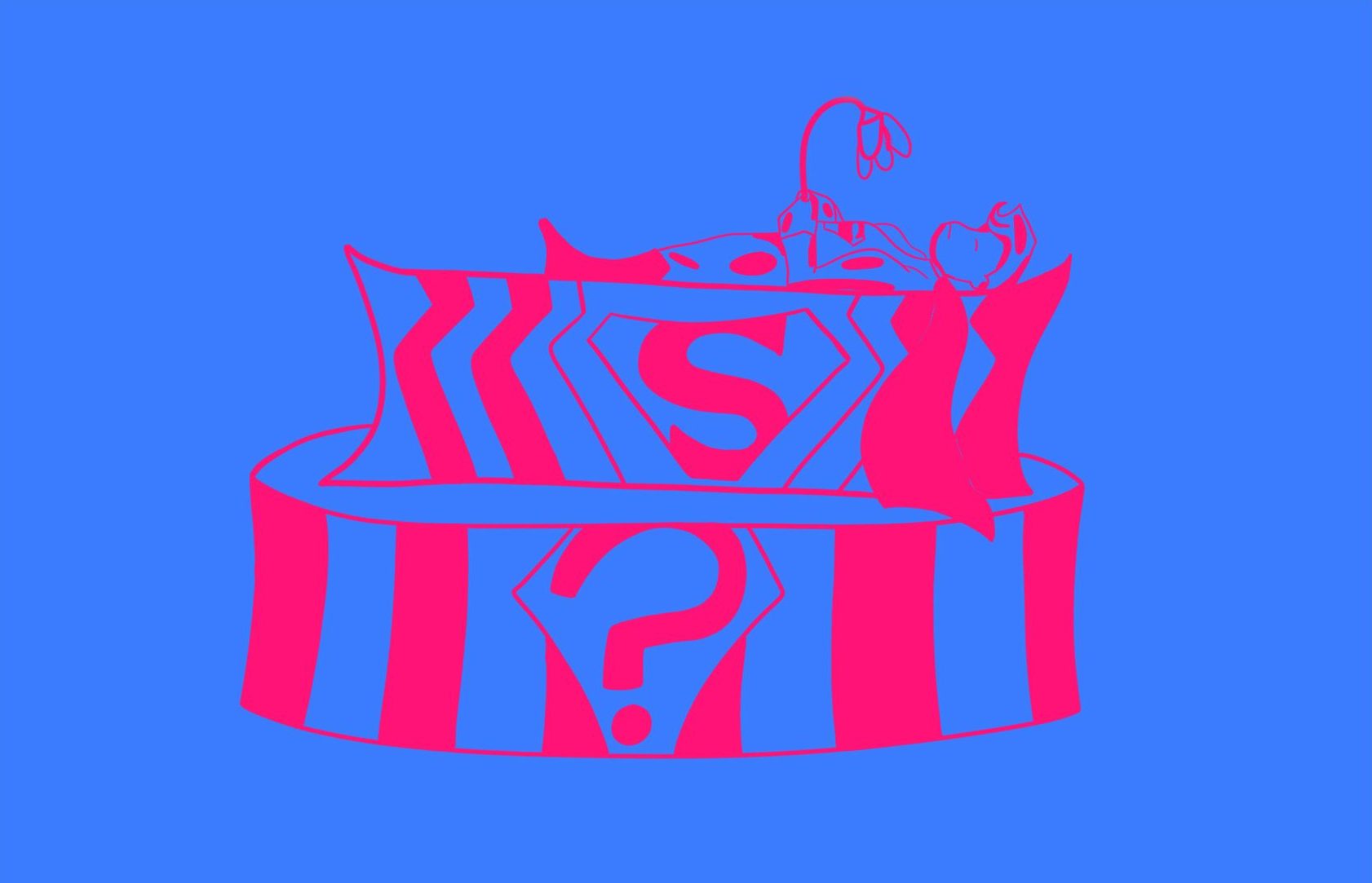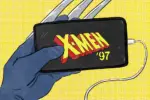In 1978, “Superman” debuted as the first major superhero film, and for the next 20 years, films in this genre were released sparingly. Between 1978 and 1999, there were only 10 big-budget movies based on comic book heroes. However, from 2000 to 2019, over 60 superhero films have been released, and this figure only takes Marvel and DC properties into account; surprisingly, franchises, such as the “Hellboy” series and TV shows like “The Boys,” are not included in this statistic.
Superhero flicks like “X-Men” and “Spider-Man,” which were released in 2000 and 2002 respectively, kickstarted the public’s obsession with comic books and catalyzed the career of Kevin Feige, who has been the president of Marvel Studios since 2007.
In 2003, “Daredevil,” “The League of Extraordinary Gentleman,” “Hulk” and “X2: X-Men United” signaled a massive shift in popularity for the genre, an event that was boosted by the releases of “Batman Begins” in 2005 and “Iron Man” in 2008. Notably, “Batman Begins” brought a level of seriousness that appealed to adults, which allowed the genre to earn a cinematic legitimacy, while Iron Man served as the foundation for the now famous Marvel Cinematic Universe, frequently referred to as the MCU.
Flashing forward a decade, the X-Men franchise concluded this past summer with the disappointing “Dark Phoenix,” while the MCU closed out an epic moment in movie history with “Avengers: Endgame,” an event that capped off what has now been deemed “The Infinity Saga,” a cinematic ensemble that spanned 11 years and 23 movies.
Nineteen years after its catalysts, superhero movies are continuing to push forward with no indication of stopping. In 2019, Marvel Studios announced the movies along with an assortment of high budget TV series for the upcoming Disney+ streaming service.
https://www.instagram.com/p/B2u8gGbFWJK/?utm_source=ig_web_copy_link
Yet, the question remains: Is it time for the superhero genre to slow down? There will certainly never be a lack of comic book characters to make a movie or shortage of fans to create the demand. Furthermore, there is no visible sign of fading popularity, but revisiting the highs-and-lows of previous tentpole Hollywood genres might give moviegoers an idea of where superhero films may end up.
In the 1930s, Westerns were the most popular genre of film. It started with a select few entries, but after the popularity of John Ford’s “Stagecoach” in 1939, the genre skyrocketed. In those years, Westerns ruled the box office.
Consequently, the heavy demand lasted for nearly 30 years, and although the genre did not go extinct, it has fallen from its former glory. Moreover, the oversaturated turnout of Western movies led to a significant dip in quality. Character archetypes and plot tropes were used so frequently that the films became predictable and unoriginal to audiences.
When they are released today, Westerns typically have more in common with art house films than popcorn entertainment, as the genre generally leans toward contemplative and thought-provoking mood pieces. For example, Quentin Tarantino’s “The Hateful Eight” is a violent masterclass in dialogue, while the Coen Brothers’ brooding adaptation of “No Country for Old Men” showcases a saddening perspective on the devolution of American values.
After nearly 20 years, this aforementioned downturn in quality is starting to affect the superhero genre. Armed with familiar tropes and mindless action, “Ant-Man and the Wasp” debuted to average reviews; it was passable entertainment, but far from a remarkable entry into the MCU. When multiple studios are releasing multiple films a year, the quality will eventually fade. Likewise, “Dark Phoenix” was a critical failure, while “Venom” was similarly panned.
https://www.instagram.com/p/BygpJFpHbNI/?utm_source=ig_web_copy_link
Unfortunately, it is clearly too late to slow this trend down. The DC Extended Universe (DCEU) premiered to a rough start, but still have vague plans for the future. Conversely, Marvel Studios has already announced its extensive plans — which includes four films set for release between 2020 and 2021 — and now that Marvel owns the X-Men and Fantastic Four franchises, you can expect to see their appearances on the silver screen.
To compare, the number of Westerns slowly dropped over the years, and although this outcome might not affect Marvel and DC movies anytime soon, the collapse of the superhero film is inevitable.
Considering the interconnected nature of the MCU and DCEU, this storytelling format calls for more content, which increases the difficulty of releasing fewer movies; character arcs and plotlines span across multiple films, and if the schedule of releases is altered too much, then a character or story can be completely ruined. Regrettably, the genre seems set on a path doomed to repeat itself endlessly. Ironically, a particular MCU trope has grown so repetitive that the studio is already making fun of itself.
What will the superhero movie of the future look like? CGI set pieces can only make a movie so good. Spectacle is fun, but substance is what makes a movie worth remembering. It seems like every movie is attempting to one-up its competition. Compare “X-Men Origins: Wolverine” to “Logan.” While the film provided the perfect platform to explore the complex past of its lead character, “X-Men Origins: Wolverine” focused on major fight scenes rather than its story.
In contrast, “Logan” served as Hugh Jackman’s swan song as Wolverine. This gritty character study is the ideal concept of what a superhero film should do — evolve. When its depressing tone is juxtaposed against the lighthearted antics of the X-Men series, “Logan” is jarringly serious. Interestingly, taking into account that the superhero craze started with X-Men, deciding to end Wolverine’s character arc with “Logan” reminds viewers that not even immortal characters can live forever.
Then again, the sheer amount of money made from superhero films guarantees at least 10 more years of regular releases. Nevertheless, people will eventually begin to notice narrative patterns and become more critical of the genre. This will force superhero movies to refresh itself, and, hopefully, become a genre to be excited about again.
















